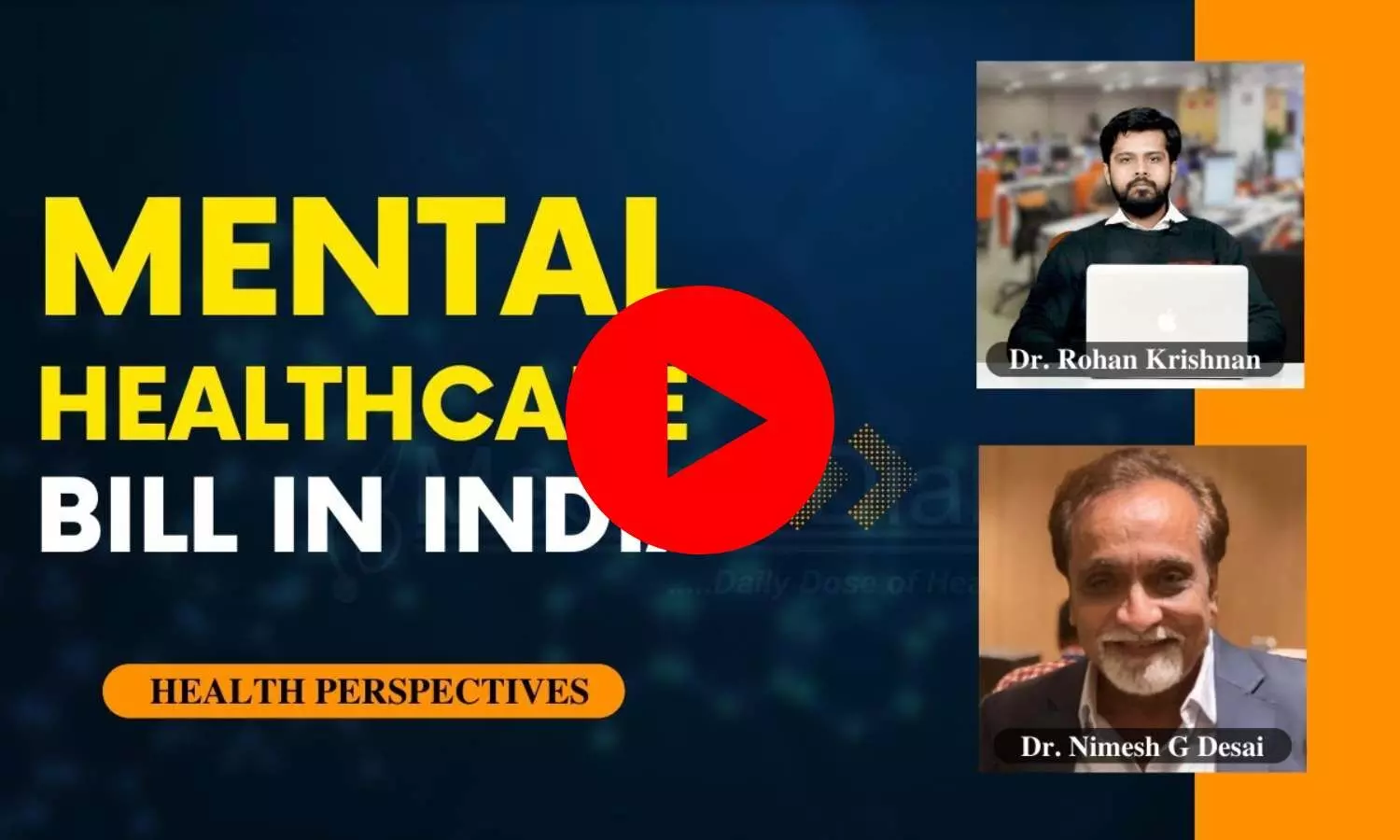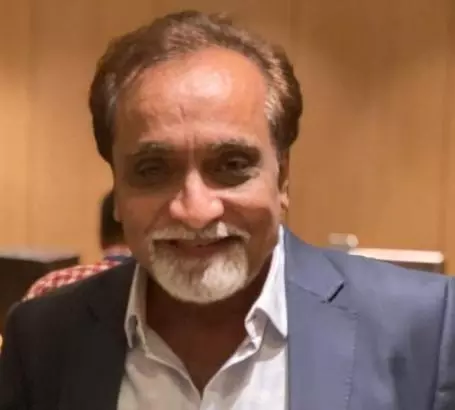- Home
- Medical news & Guidelines
- Anesthesiology
- Cardiology and CTVS
- Critical Care
- Dentistry
- Dermatology
- Diabetes and Endocrinology
- ENT
- Gastroenterology
- Medicine
- Nephrology
- Neurology
- Obstretics-Gynaecology
- Oncology
- Ophthalmology
- Orthopaedics
- Pediatrics-Neonatology
- Psychiatry
- Pulmonology
- Radiology
- Surgery
- Urology
- Laboratory Medicine
- Diet
- Nursing
- Paramedical
- Physiotherapy
- Health news
- AYUSH
- State News
- Andaman and Nicobar Islands
- Andhra Pradesh
- Arunachal Pradesh
- Assam
- Bihar
- Chandigarh
- Chattisgarh
- Dadra and Nagar Haveli
- Daman and Diu
- Delhi
- Goa
- Gujarat
- Haryana
- Himachal Pradesh
- Jammu & Kashmir
- Jharkhand
- Karnataka
- Kerala
- Ladakh
- Lakshadweep
- Madhya Pradesh
- Maharashtra
- Manipur
- Meghalaya
- Mizoram
- Nagaland
- Odisha
- Puducherry
- Punjab
- Rajasthan
- Sikkim
- Tamil Nadu
- Telangana
- Tripura
- Uttar Pradesh
- Uttrakhand
- West Bengal
- Medical Education
- Industry
All About Right to access mental healthcare bill in India- Ft Dr Nimesh G Desai
Overview
Human health includes mental health in large measure. People's minds are under more pressure in today's busy culture, which is not a good sign for their mental health. Since mental health care is a major issue, there must be a thorough debate and effective solution. We can see that there is a lack of awareness and ignorance of mental health illness in India. There are several causes for this ignorance, but the main one is that people failed to identify their mental health conditions in a timely manner and were unaware of the value of psychologists and treatments.
The Indian Council of Medical Research (ICMR) conducted a study and estimated that 7.5% of the population of the nation is at risk for mental disease. The Mental Healthcare Act 2017 was introduced by the Indian government in an effort to combat this circumstance.
The government passed the Mental Healthcare Act (MHCA) in 2017, however it wasn't put into effect until 2018. It safeguards, promotes, and upholds the rights of people with mental illness and places a duty on the government to offer its people access to affordable mental health care. The current Mental Health Care Act of 1987 is replaced by the Mental Health Care Act of 2017.
If we want to learn the basics of the Mental Health Care Act of 2017, click here. Next, let's examine the MHCA's Section 18 (Right To Access Mental Healthcare). Every person has the right to obtain mental health care and treatment from mental health services managed or supported by the relevant government, according to the law.
The right to mental health care and treatment entails having access to services that are affordable, of high quality, sufficient in number, geographically accessible, and free from bias based on gender, sex, sexual orientation, religion, culture, caste, social class, or any other factor. will be conducted in a way that is acceptable to people with mental illnesses, their families, and carers, and will be free from political belief, class, handicap, or any other reason.
The competent government must make sufficient arrangements for a variety of services that people with mental illness may require.
In today’s health perspective episode, we have Dr. Nimesh G Desai. He is the director of the Institute of Human Behavior and Allied Sciences (IHBAS) in Delhi, India. He going to describe this Act in detail and give more highlights on this issue.






